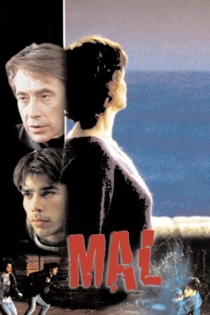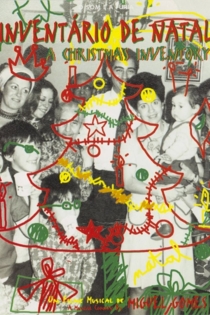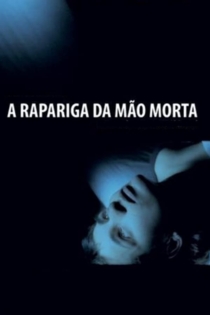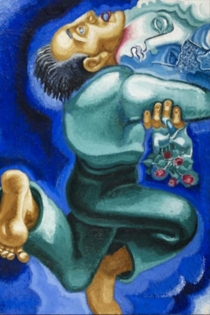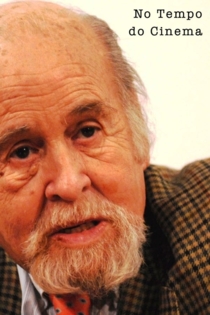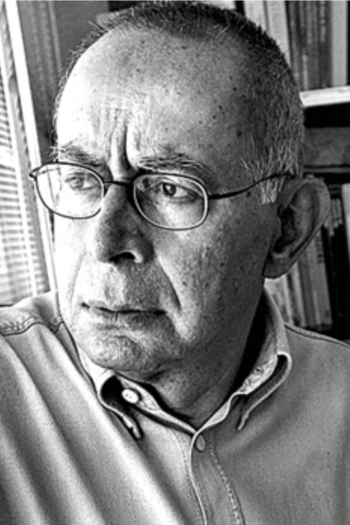
Alberto Seixas Santos
1936 - 2016As Armas e o Povo
Glauber Rocha, Fernando Lopes
Glauber Rocha, Adelino Gomes
Film directors with hand-held cameras went to the streets of Lisbon from April 25 to May 1, 1974, registering interviews and political events of the Portuguese "Carnations Revolution", as that period would be later known.
As Armas e o Povo
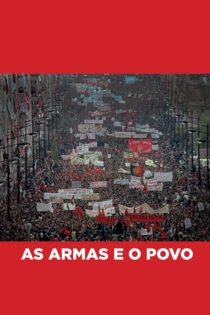
A Lei da Terra - Alentejo 1976
Alberto Seixas Santos, Solveig Nordlund
The agriculture reforming process, after the 1974 revolution, is seen through an analysis of the social structures and class struggles of the Portuguese society.
The Law of the Land - Alentejo 1976
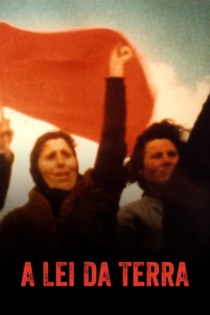
Lisboa no Cinema, Um Ponto de Vista
Manuel Mozos
Alberto Seixas Santos, António da Cunha Telles
The city during the beginning of cinema. The typical city at the time of the dictatorship. The New Lisbon of the New Cinema. Lisbon after the Revolution. The white city of foreigners. A geographical and moviegoer screenplay of Lisbon through the images of films and testimonies of several filmmakers who filmed in Lisbon.
Lisboa no Cinema, Um Ponto de Vista
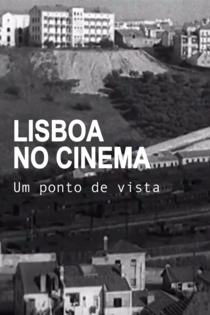
O Anjo da Guarda
Margarida Gil
Canto e Castro, Dalila Carmo
Lúcia is an independent woman who lives alone in Lisbon. Her father commits suicide leaving her a message on phone recorder, revealing a letter he wrote. However Lúcia can't find it in her father's house. On that visit she ends up meeting with her mother, a known political activist with whom she has a distant and tense relationship. In hope of finding the letter, Lúcia leaves to the farm where she grew up, on an isolated location. There she reencounters Álvaro, an old childhood companion, who shares a little life time he has left between roses and the piano, and the guardian angel that follows and protects her through nocturnal wanderings.
O Anjo da Guarda
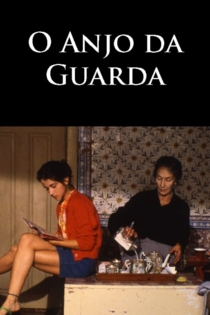
Brandos Costumes
Alberto Seixas Santos
Luís Santos, Dalila Rocha
A portrait of the everyday life of a typical middle-class family in parallel with the fall of the "Estado Novo", the 48-year dictatorship led by Salazar. The daughters' conflicts and frustrations with their parents, their grandmother and their maid find an obvious echo in the country's collective events. The Carnation Revolution is about to explode.
Brandos Costumes
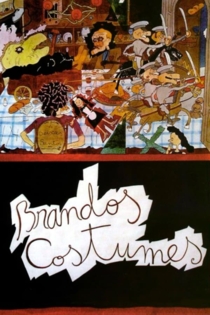
Um Passo, Outro Passo e Depois...
Manuel Mozos
Canto e Castro, Pedro Hestnes
Nogueira, a man in his fifties, is a relic of times long past. While the youngsters at the school where he works as a caretaker still think the world is their oyster, Nogueira knows that, for him, most doors have long closed.
Step by Step
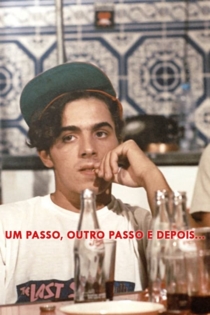
Paraíso Perdido
Alberto Seixas Santos
Maria de Medeiros, Rui Mendes
Cristina is twenty years old. Her father was declared missing in action during the war in Angola many years before. One day in church the girl meets a man about fifty years old who tries various times, unsuccessfully, to make the sign of the cross. The man is called Cristovão. A few days later the two meet again. The man offers to help her look for her father. A relationship based on memories and confessions is formed between them. But soon they each return to their own solitude.
Paraíso Perdido

Gestos e Fragmentos
Alberto Seixas Santos
Otelo Saraiva de Carvalho, Robert Kramer
"Essay on the Military and the Power", a phrase that also belongs to the title of "Gestures & Fragments", sums up the spirit of the film, based on three points of view on the same theme: Otelo Saraiva de Carvalho and Eduardo Lourenço, in their own roles, and the one played by Robert Kramer, as an American journalist bent on seeking explanations for the process of the Portuguese Revolution.
Gestures and Fragments
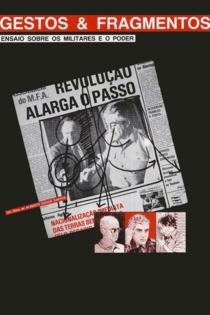
E o Tempo Passa
Alberto Seixas Santos
Sofia Aparício, Isabel Ruth
Teresa is a soap-opera actress. Meeting again an old passion brings her back apparently lost memories, leading her to question not only her love life but also her career options. In the studio, the daily work is spiced by the frenzy group of younger actors. After all, they all ask the same question: where does happiness lies?
E o Tempo Passa
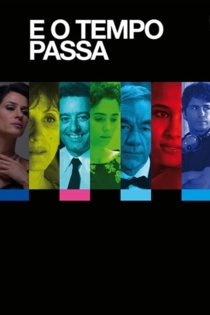
Mal
Alberto Seixas Santos
Pauline Cadell, Alexandre Pinto
Concerns an Irish woman, Cathy (Pauline Cadell), who dearly loves her Portuguese lawyer husband, Pedro (Rui Morisson); however, unbeknownst to her, he engages in one tryst after another. Cathy soon finds herself trying to help a young delinquent get off heroin, while the youth's desperate mother joins a weird religious cult. In other segments, an elderly man is nearly driven mad with grief at the loss of his granddaughter in a train station, while a down-and-out jeweler ushers the young girl to a hotel room.
Bad
